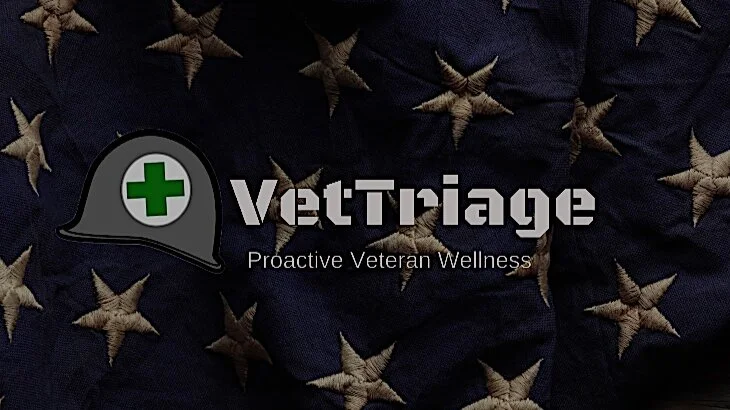What is Resilience?
““The difference between a strong man and a weak one is that the former does not give up after a defeat.”
”
At one time or another, all people will experience some form of adversity, hardship, or a tough experience. How do people deal with these types of events that change their lives? The death of a loved one, a harrowing combat event, a traumatic rescue operation, or a threatening law enforcement engagement, a loss of a job, serious illness, terrorist attacks and other traumatic events: these are all examples of very challenging life experiences. Many people react to such circumstances with a flood of strong emotions and a sense of uncertainty.
People generally adapt well over time to life-changing situations and stressful conditions. What enables them to do so? It involves resilience, an ongoing process that requires time and effort and engages people in taking a number of steps. Everybody needs some resilience. As the result of their inherent occupations, military personnel, veterans, first responders, first care receivers, and their families need to be exceptionally resilient to thrive.
Resilience is the two interacting factors of 1) preventive resistance (immunity), and 2) reactive resilience (the ability to rebound from adversity). It is the process of adapting well in the face of adversity, trauma, tragedy, threats or significant sources of stress — such as family and relationship problems, serious health problems or workplace and financial stressors. It also means "bouncing back" from difficult experiences. Research has shown that resilience is ordinary, not extraordinary. People commonly demonstrate resilience. Being resilient does not mean that a person doesn't experience difficulty or distress. Emotional pain and sadness are common in individuals who have suffered major adversity or trauma in their lives. In fact, the road to resilience is likely to involve considerable emotional distress. Resilience is not a trait that people either have or do not have. It involves behaviors, thoughts, and actions that can be learned and developed in anyone.
Developing resilience is a personal journey. People do not all react the same to traumatic and stressful life events. An approach to building resilience that works for one person might not work for another. People need and use different strategies.
Our military personnel, veterans, first responders, and first care receivers, and their families have endured diverse experiences and develop resilience in a variety of ways. We established the Hoplite Resilience Center to deliver a program that can tailor its resilience approach for each of our clients to maximize impact. We are here to help our "Hoplites" recover and strengthen their resilience for the tough path behind them and the uphill climb yet to come.
Checkout our innovative App VetTriage and how we improve resilience. VetTriage is an educational, proactive wellness, resource referral app that strives to help Veterans and Military members overcome adversity and thrive. The App allows Veterans, Military members, and First Responders to triage their moods, stressors, activities, and the severity of their impact.
“Only those who dare to fail greatly, can ever achieve greatly.”


